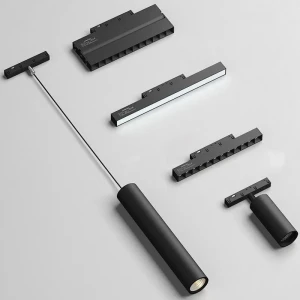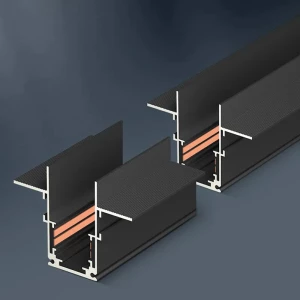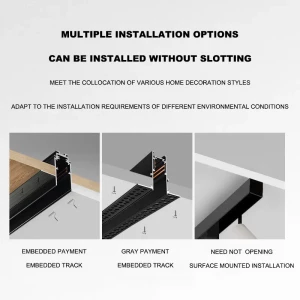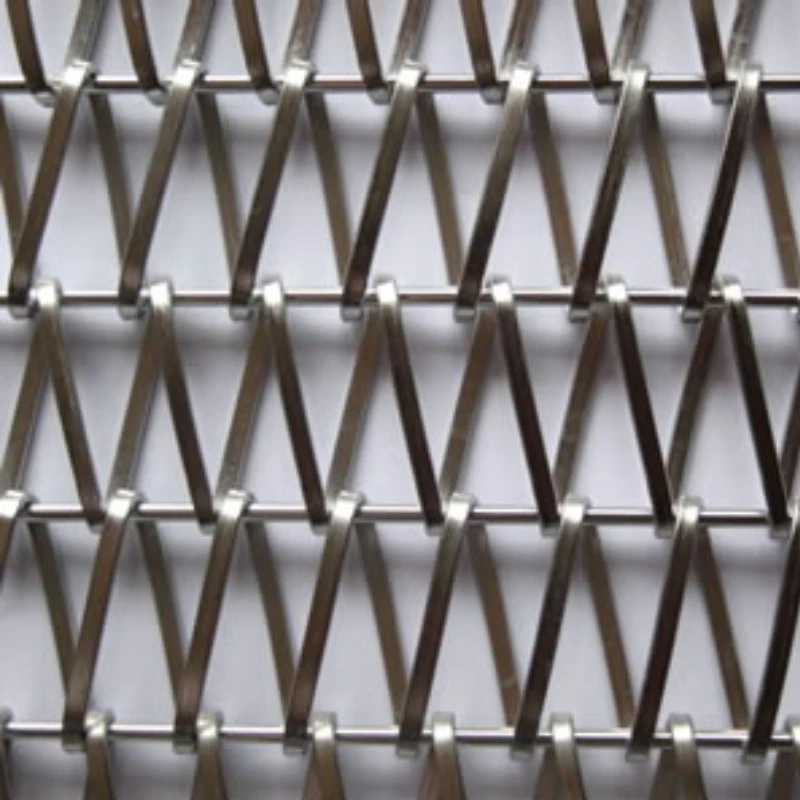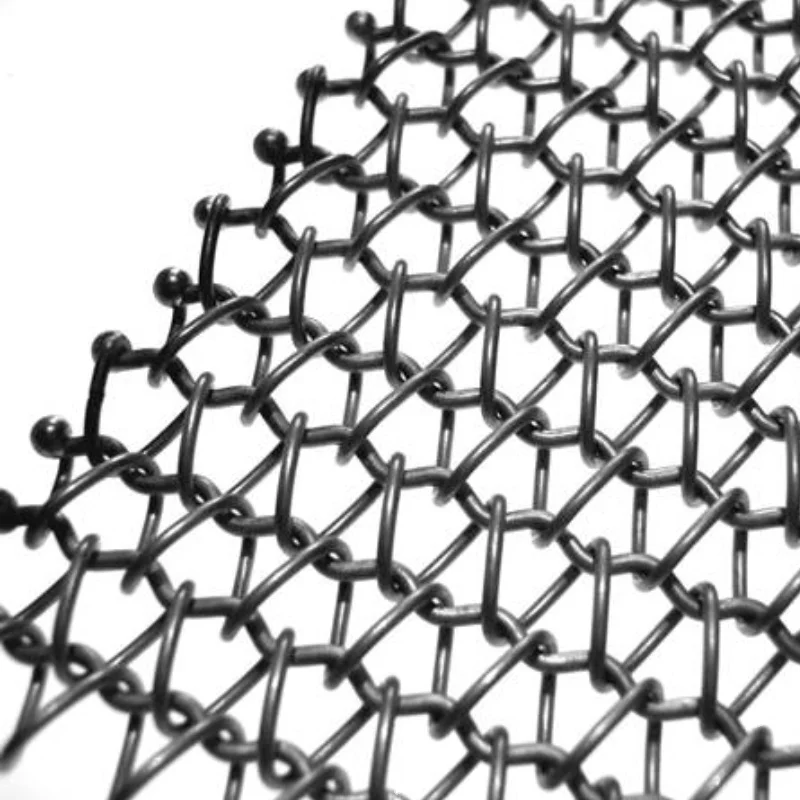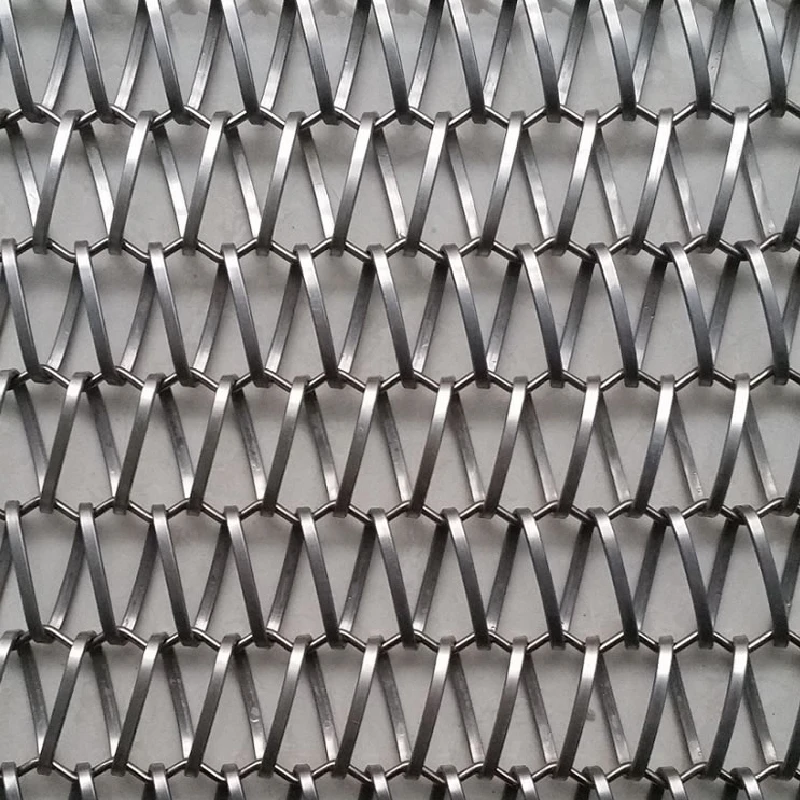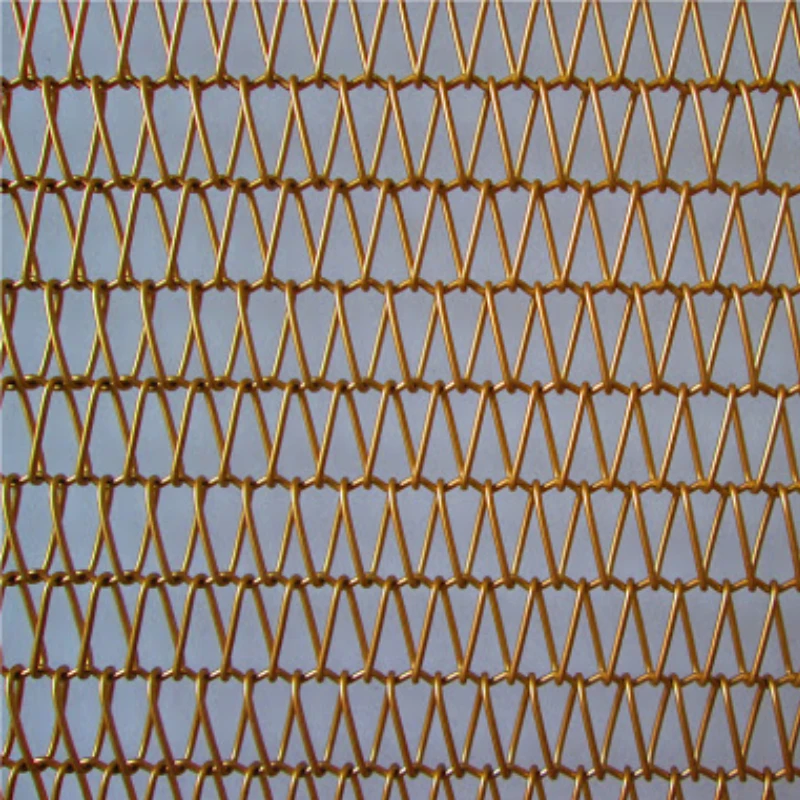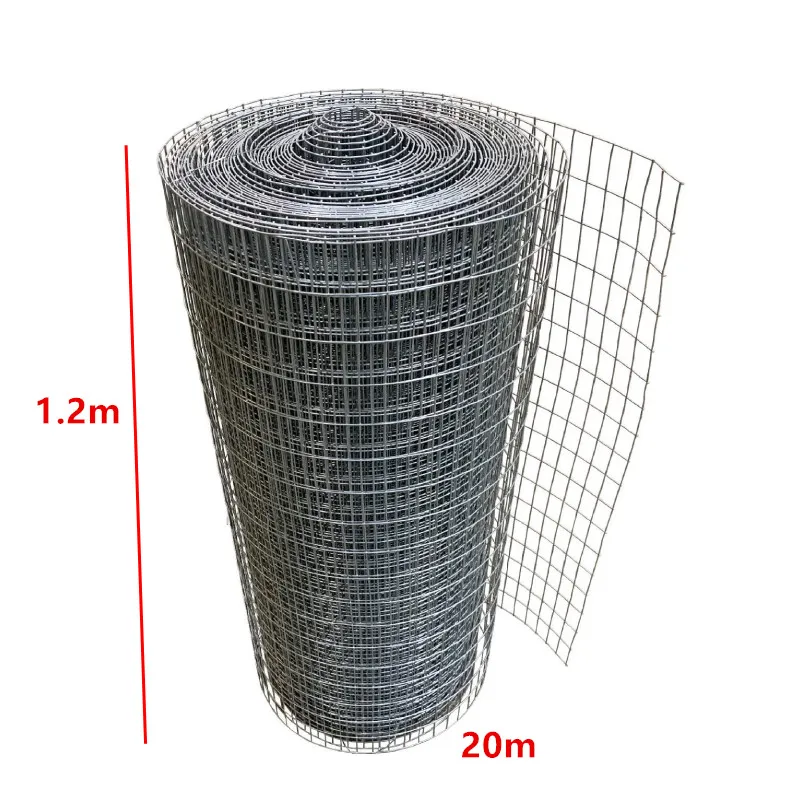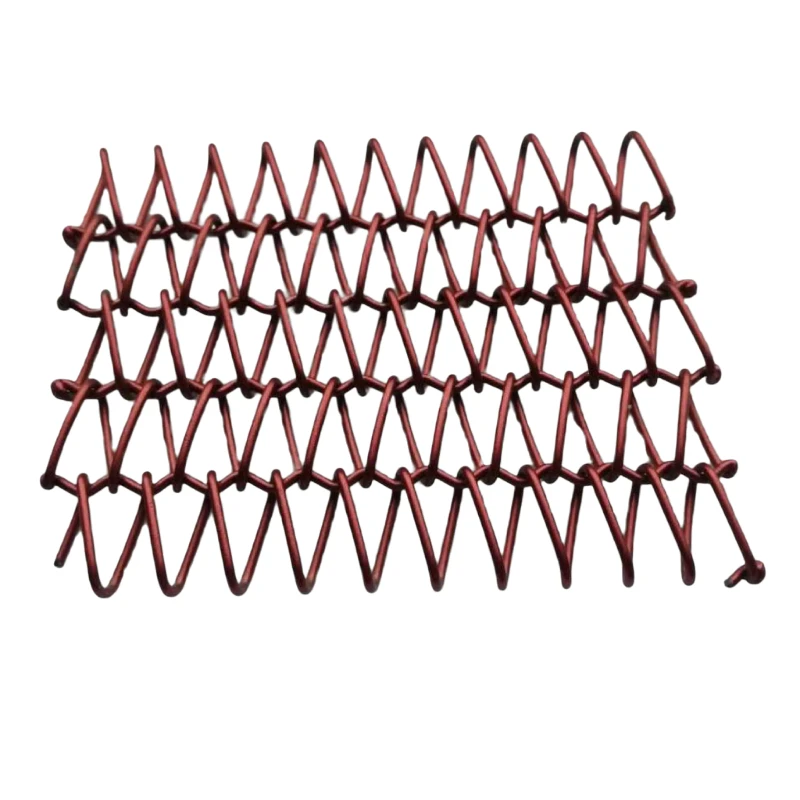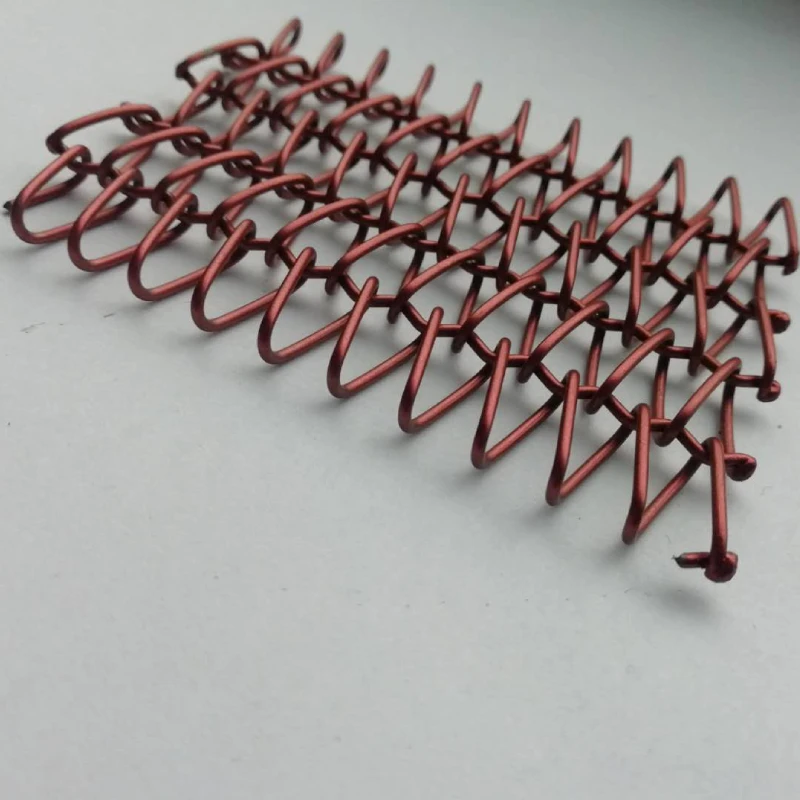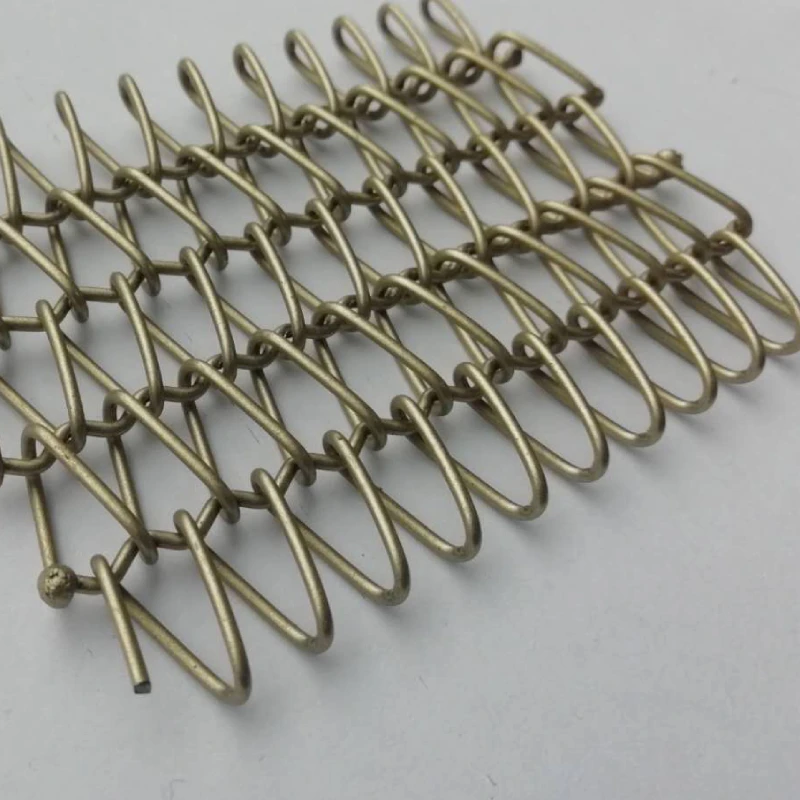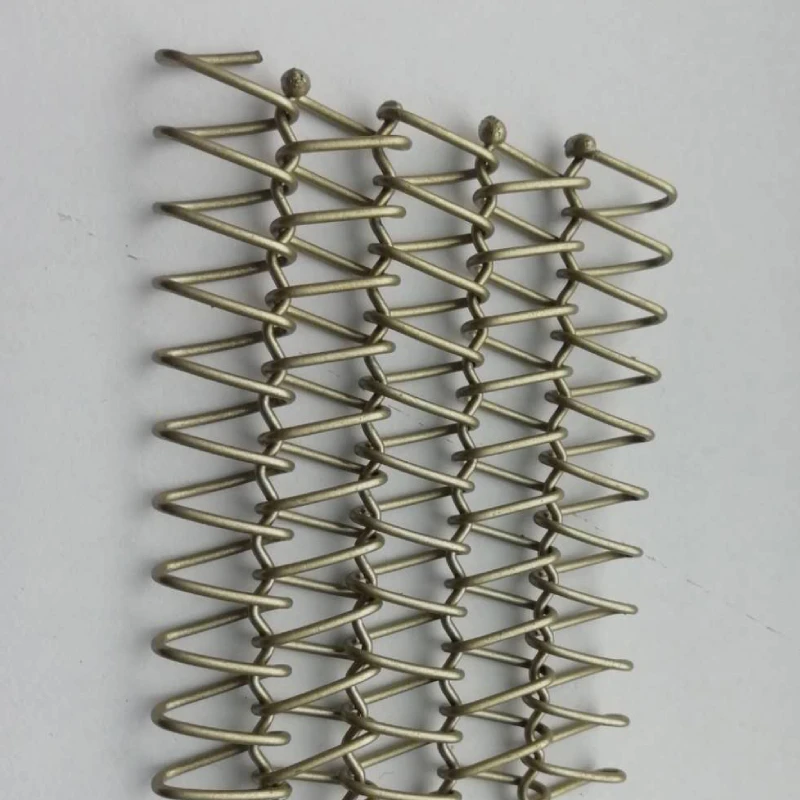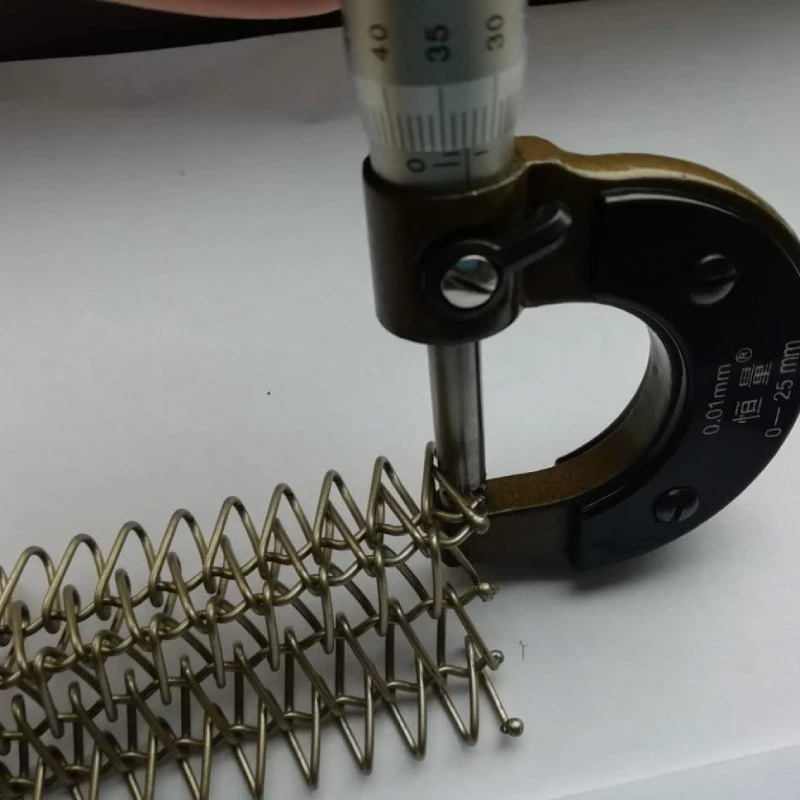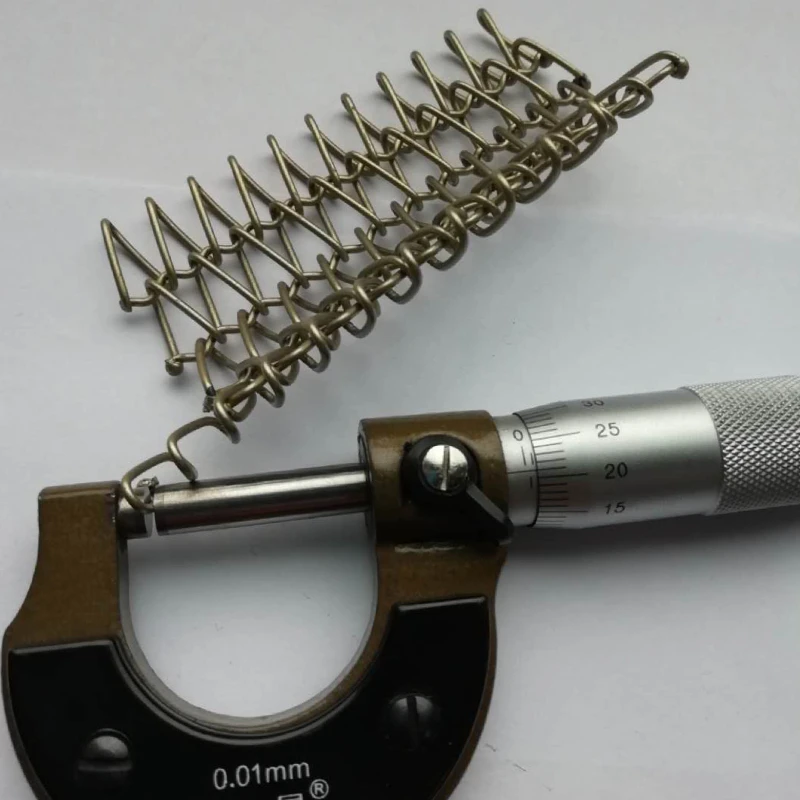Electrical Wires: A Buyer's Guide to Sourcing Reliable Products from China
When it comes to electrical projects, choosing the right electrical wires is crucial for safety and performance. Whether you're an industrial buyer or a contractor, understanding the different types, features, and sourcing options can save you time and money. This guide will walk you through everything you need to know about electrical wires, with a focus on sourcing from China in 2025.
How to Find Reliable Electrical Wires from China in 2025
Sourcing electrical wires from China requires careful vetting of suppliers. Look for manufacturers with certifications like ISO 9001, RoHS, and UL listings. Platforms like Alibaba.com can help you compare multiple suppliers, but always request samples before placing bulk orders. In 2025, expect stricter compliance with international standards, so prioritize suppliers who adapt quickly to regulatory changes.
What Buyers Should Know Before Buying Electrical Wires from China
Before purchasing, verify the conductor material (copper vs. aluminum), insulation type, and voltage rating. Chinese suppliers often offer competitive pricing, but beware of substandard materials. Always check for:
- Third-party testing reports
- Minimum Order Quantity (MOQ) requirements
- Lead times and shipping options
Types of Electrical Wires
Understanding wire types ensures you get the right product for your needs:
Building Wires
Used in residential and commercial construction, typically with THHN or THWN insulation.
Automotive Wires
Designed to withstand vibration and temperature fluctuations in vehicles.
Industrial Cables
Heavy-duty options for factories and machinery, often with extra shielding.
Functions and features of Electrical Wires
Key features to consider include:
- Conductivity: Copper offers better conductivity than aluminum
- Insulation: PVC, rubber, or thermoplastic materials protect against heat and moisture
- Flexibility: Important for installation in tight spaces
- Durability: Look for abrasion-resistant coatings
Scenarios of Electrical Wires
Electrical wires serve diverse applications:
- Residential: Wiring homes for lighting and appliances
- Commercial: Office buildings and retail spaces
- Industrial: Heavy machinery and manufacturing plants
- Renewable Energy: Solar panel installations
How to Choose Electrical Wires
Follow these steps to select the right product:
- Determine your voltage and current requirements
- Consider environmental factors (moisture, temperature)
- Check local electrical codes and standards
- Compare pricing from multiple suppliers
- Request product specifications and test reports
Electrical Wires Q & A
Q: What's the difference between stranded and solid wire?
A: Stranded wire consists of multiple thin wires twisted together, offering flexibility. Solid wire is a single conductor, better for permanent installations.
Q: How do I verify wire quality from Chinese suppliers?
A: Request mill test reports, check for international certifications, and consider third-party inspection services before shipment.
Q: What's the typical lead time for orders from China?
A: Standard orders take 4-6 weeks, including production and shipping. Rush orders may be possible with additional fees.
Q: Can I get custom-colored insulation?
A: Many Chinese manufacturers offer custom colors, though minimum order quantities usually apply.
Q: What's the price difference between copper and aluminum wires?
A: Copper typically costs 2-3 times more than aluminum but offers better conductivity and durability.





